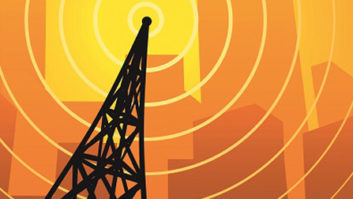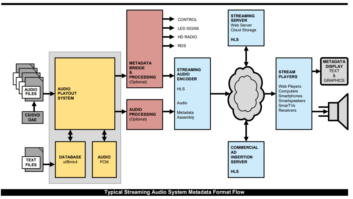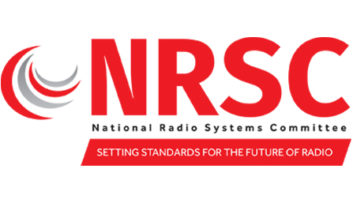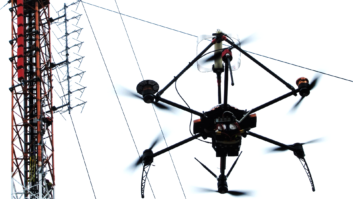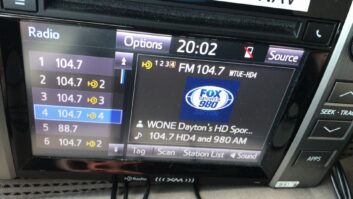
The debate over requiring NRSC mask measurements for AM stations, and to some extent requiring scheduled measurements at all, continues. One of the first participants, Richard Rudman, responds to another commenter.
So, an unnamed “prominent” technology supplier says, “Why do these engineers imagine AM is so unstable to require yearly check?” This anonymous technology supplier goes on to say, “All contemporary AM, FM and TV transmitters are equally reliable, and the likelihood of out-of-band emissions is very low.”
True, modern transmission equipment is more stable and reliable than in the days before solid-state. Even this party who does not want his/her name associated with his/her point of view cannot rule out the possibility of multitransmitter mixes, single-emitter spurs or splatter, or a ground, fence or other man-made metal structure becoming a rusty wideband RF detector/mixer.
[Read: Why the Fuss Over AM Proofs?]
Even if measurements were made when a given transmitter was commissioned, what might have changed in the neighborhood? Did you check to see if something bad popped up when a low-power licensee (LPFM and/or translator) or a new AM tenant moved into your vicinity? What about old, loose and rusty connections in fences and poor bonds for station grounds are not technically part of broadcast transmitters under test? Unintentional diode detectors can cause mixes that can cause interference.
I can personally attest to two different models of solid-state AM transmitters whose elderly filter caps were the cause of spurs that exceeded FCC limits that were discovered after annual measurements. I can also attest to measurements that eventually pointed to mixes that, while not caused by the transmitter under test, bore a mathematical relationship pointing to a transmitter at a nearby location.
Let me state the obvious. While problems uncovered during periodic emission testing can and do occur in transmitters or broken audio processing equipment, sometimes they go undetected unless required measurements are made.
So, a “prominent” technology supplier says, “Why do these engineers imagine AM is so unstable to require yearly check?” This unnamed supplier goes on to say, “All contemporary AM, FM and TV transmitters are equally reliable, and the likelihood of out-of-band emissions is very low.”
I can personally attest to two AM transmitters whose elderly filter caps were the cause of spurs that exceeded FCC limits. I can also attest to measurements that eventually pointed to mixes that, while not caused by the transmitter under test, but in a mathematically and proximity related transmitter at another location.
One other thing to remember: AM transmitters can and do produce splatter if negative peaks exceed 100%, the definition of carrier shut off. How many stations still operate either without accurate modulation monitors or, accidentally or on purpose crank up their modulation to the breaking point in the loudness wars that are still fought in many markets?
As a broadcast engineer with CPBE after my name, I operate under the assumption that what I don’t know can hurt my clients. I stand by the case made by me and others to keep this existing AM FCC rule and expand it to cover FM. The cost of such measurements is a small premium on a prudent insurance policy that can help assure licensees their signals are still as clean as the day they uncrated their transmitters.
We’ve all heard the line that is so well known we don’t even know who said it first: “You don’t know what you don’t know.” This excuse is in the class with “the dog ate my homework” as far as I am concerned. Periodically proofing your equipment is not just a matter of trying to avoid getting a citation. It’s really a matter of good engineering practice.
What are your own thoughts? Email [email protected] with “Letter to the Editor” in the subject field.
Here is an aggregation page for this topic.





